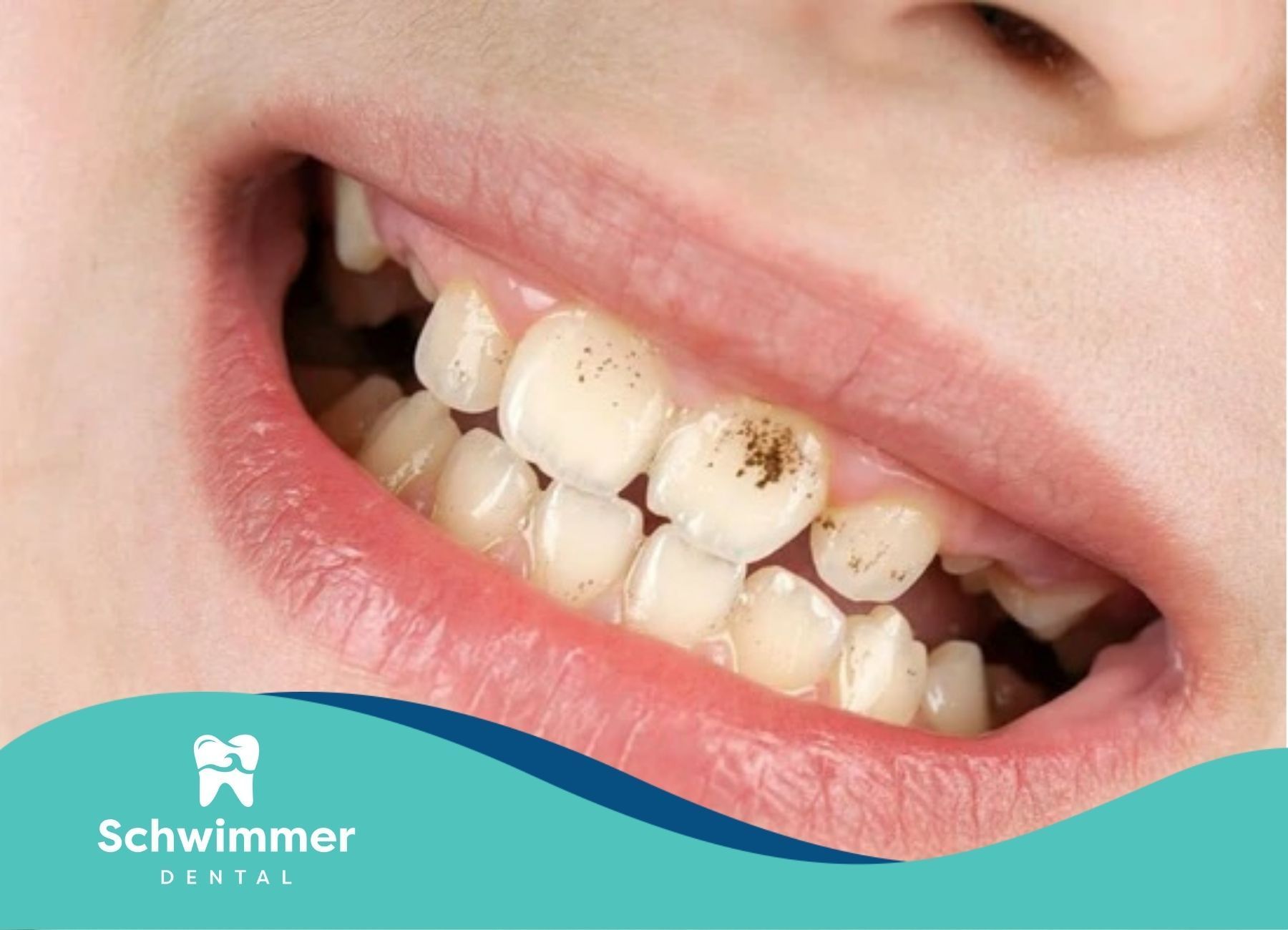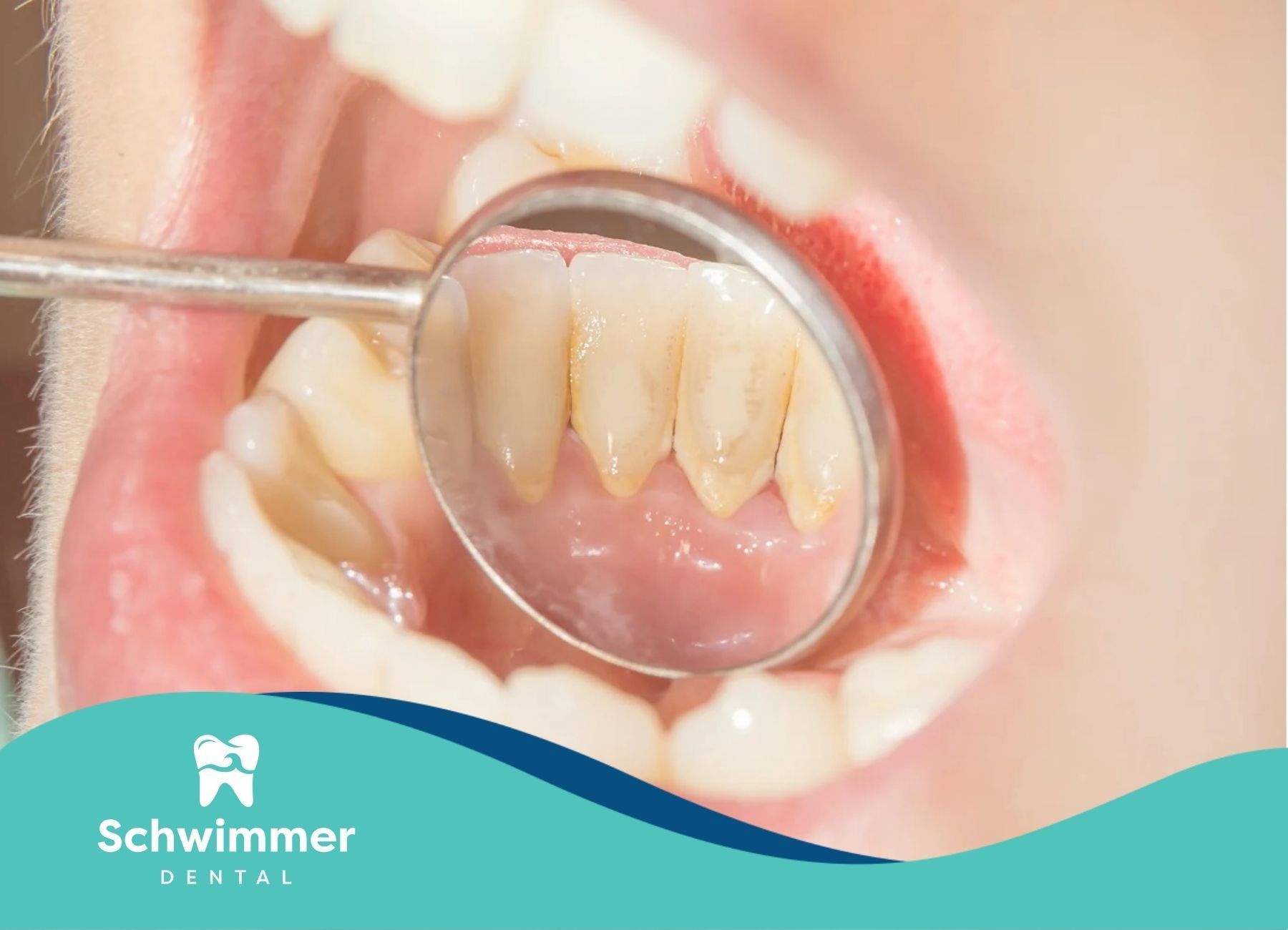Dental Insurance 101: Understanding How It Works
Taking care of your oral health is very important. However, dental care costs can be hard to handle. This is where dental insurance can help. Like other types of insurance, dental insurance gives you financial help for your oral health needs. This makes it easier to pay for treatments. This article will help you understand dental insurance better. It will help you make smart choices about your dental care.
The Basics of Dental Insurance
Dental insurance helps to share the costs of dental care. You pay a monthly premium to your insurance company. In return, they cover some of your dental expenses based on your treatment and plan. This makes it easier for you to get the dental care you need without spending too much money.
Defining Dental Insurance and Its Importance
Dental insurance is a type of insurance plan that helps pay for dental care. It is different from health insurance, but it works similarly. It offers various dental benefits to people who have it.
One main benefit of dental insurance is that it helps promote preventive care. Most dental insurance plans cover routine checkups and cleanings at little or no cost to you. These visits are really important for keeping your oral health in check. Your dentist can spot issues early and provide treatment before they become serious.
When you use the preventive care that your dental insurance covers, you can stop more serious dental problems (and the costs that come with them!) later on. This makes dental insurance a useful tool for keeping your smile healthy.
How Dental Insurance Differs from Health Insurance
Dental insurance and health insurance are both meant to help with healthcare costs, but they are different plans. Some health insurance plans may offer limited dental coverage, but this is usually not as complete as a dental plan.
Health insurance mainly covers medical costs for illnesses, injuries, and general health issues. In contrast, dental insurance covers dental care, including regular checkups, cleanings, fillings, and more difficult procedures.
Because of how specific they are, it's important to get dental insurance separately. This way, you ensure you have enough coverage for your oral health needs. Having both health insurance and dental insurance is vital for your overall well-being.
Dental insurance can help cover a variety of services, including routine checkups and dental cleaning near me. By understanding your coverage, you can make informed decisions about your oral health care and ensure you're maximizing your benefits.
Key Components of Dental Insurance Plans
Understanding the main parts of dental insurance plans is very important. Knowing these parts can help you get the most benefits from your plan. It’s good to learn about them before picking a plan. This way, you can find the right choice for your needs and budget.
The main parts usually include premiums, deductibles, co-pays, and annual maximums. Each part affects the cost of your dental care and how much you pay out of your pocket.
Understanding Premiums, Deductibles, and Co-pays
A monthly premium is the fee you pay to the insurance company to keep your dental plan active. This amount can change based on how much coverage you select, which insurance provider you use, where you live, and if it’s for one person or a family.
The deductible is what you pay with your own money before your insurance starts to help with most costs. For example, if your dental plan has a $100 deductible, you need to cover the first $100 of eligible dental expenses yourself during the plan year.
A co-pay is a fixed amount you pay for certain dental services when you visit the dentist. For example, you may have to pay $20 for a checkup or $50 for a filling. Co-pays can differ depending on the service and your dental plan.
The Significance of Annual Maximums in Your Coverage
The annual maximum is the most money your dental insurance will pay for dental services each plan year. It shows the highest limit of your dental coverage for that year.
For instance, if your dental plan has a $1,500 annual maximum, the insurance company will pay for eligible costs up to that amount during the plan year. If your expenses go over this limit, you will have to pay the extra costs.
When choosing a dental plan, it's important to think about the annual maximum. Look at your expected dental needs and pick a plan that has an annual maximum matching your expected costs.
Types of Dental Insurance Plans Available
Navigating dental insurance can be tricky. You need to understand the different types of plans. Each plan has its pros and cons. These affect cost, flexibility, and coverage options.
The most common types of dental insurance plans are Health Maintenance Organization (HMO) plans, Preferred Provider Organization (PPO) plans, and Indemnity plans. Choosing the right plan will depend on your needs and preferences.
The Pros and Cons of HMO vs. PPO Plans
HMO plans, or Health Maintenance Organization plans, usually have lower monthly costs. You will pay less out of pocket too. But, you can only go to dentists that are part of the plan's network.
Here are the good and bad points of HMO plans:
- Good points: Lower monthly costs, less money paid out of pocket.
- Bad points: Only in-network dentists allowed, may need referrals for seeing specialists.
PPO plans, or Preferred Provider Organization plans, provide more choices. With PPO plans, you can choose both in-network and out-of-network dentists. However, you might end up spending more out of pocket for seeing out-of-network dentists.
Here are the good and bad points of PPO plans:
- Good points: More freedom in choosing dentists, ability to see out-of-network dentists.
- Bad points: Higher monthly costs, more money out of pocket for out-of-network care.
Think carefully about the good and bad points of HMO and PPO plans to decide which is best for you and your family.
Indemnity Plans and How They Work
Indemnity plans are also called traditional or fee-for-service plans. They give you the most freedom when choosing your dentist. Unlike HMOs and PPOs, indemnity plans do not limit you to a specific network of dentists.
With an indemnity plan, you can go to any licensed dentist. After your visit, you usually pay the full bill to the dentist. Then, you can submit a claim to the insurance company for reimbursement.
The insurance company will pay you back a set percentage of the cost, based on what you had done and your plan. Indemnity plans are more flexible, but they often have higher premiums than HMOs and PPOs.
Coverage Details: What's In and What's Out
When looking at different dental insurance options, it is important to know what is covered and what is not. The coverage can change a lot between different providers and plans. This will affect how much you need to pay for dental procedures.
Usually, dental plans divide coverage into three groups: preventive, basic, and major. By learning about these groups and their usual coverage limits, you can make better choices about your dental care.
Preventive, Basic, and Major Procedures Explained
Preventive care is all about stopping dental problems before they start. Many dental plans fully cover preventive care. This includes regular checkups, cleanings, and X-rays. It's very important to use preventive care. It helps you keep good oral health and reduces the chances of needing more dental work in the future.
Basic procedures deal with problems that already exist. This includes things like fillings, extractions, and root canals. These procedures are usually covered between 70% to 80% by your plan. This means you will have to pay the rest yourself.
Major dental care is about more complicated and costly treatments. This includes crowns, bridges, dental implants, and oral surgery. The coverage for major dental care is often lower. It typically ranges from 50% to 70%. It's very important to check your plan details. This way, you can see what support you have for major services.
Exclusions and Limitations to Look Out For
Dental insurance plans, like other insurance plans, have exclusions and limits. Exclusions are treatments that the plan does not cover at all. Limits are rules that restrict the coverage for certain procedures.
Common exclusions in dental insurance are cosmetic procedures. This includes things like teeth whitening, veneers, and dental bonding. These treatments mostly focus on looks instead of oral health, so they are usually not covered.
Orthodontic coverage for adults can also be limited or left out of dental insurance plans. Some plans give partial coverage for children's braces. However, coverage for adult braces is much less common. When you look at dental plans, check the exclusions and limits. This will help you understand what is covered.
Conclusion
Understanding dental insurance is important for maintaining good oral health. It is different from health insurance because it covers specific services like preventive care, basic services, and major procedures. Knowing the types of plans available, such as HMO, PPO, and indemnity plans, can help you pick a plan that fits your needs.
Pay attention to key parts like premiums, deductibles, co-pays, and annual maximums. These can help you make the most of your coverage. Also, look out for any exclusions and limitations when you choose a plan. By learning these basics, you can make smart choices about your dental insurance. This will ensure that your oral health needs are taken care of effectively. If you have questions, don't hesitate to ask an insurance expert for help.
At Schwimmer Dental in New Jersey, we believe in providing comprehensive dental care that goes beyond just cleanings. Understanding your dental insurance can help you make informed decisions about your oral health. We work with many insurance providers and can help you navigate your coverage options. Schedule a consultation today to discuss your dental insurance and learn how we can help you maintain a healthy smile.
Frequently Asked Questions
Can I Get Dental Insurance Without Having Health Insurance?
Yes, you can get dental insurance without having health insurance. Dental insurance is a separate plan that stands alone. Whether you need it for yourself or your family, there are many options to help meet your needs. This way, you can get the dental care you deserve.
Source:
https://www.investopedia.com/articles/personal-finance/111715/how-does-dental-insurance-work.asp
https://www.investopedia.com/articles/personal-finance/111715/how-does-dental-insurance-work.asp
https://www.investopedia.com/health-insurance-vs-dental-insurance-8580595#:~:text=Health%20insurance%20plans%20rarely%20cover,much%20they%20pay%20per%20year.
https://www.insurancebusinessmag.com/us/guides/dental-insurance-everything-you-need-to-know-431204.aspx
https://www.ada.org/resources/practice/dental-insurance/dental-plan-overview
https://www.healthcare.gov/coverage/dental-coverage/



